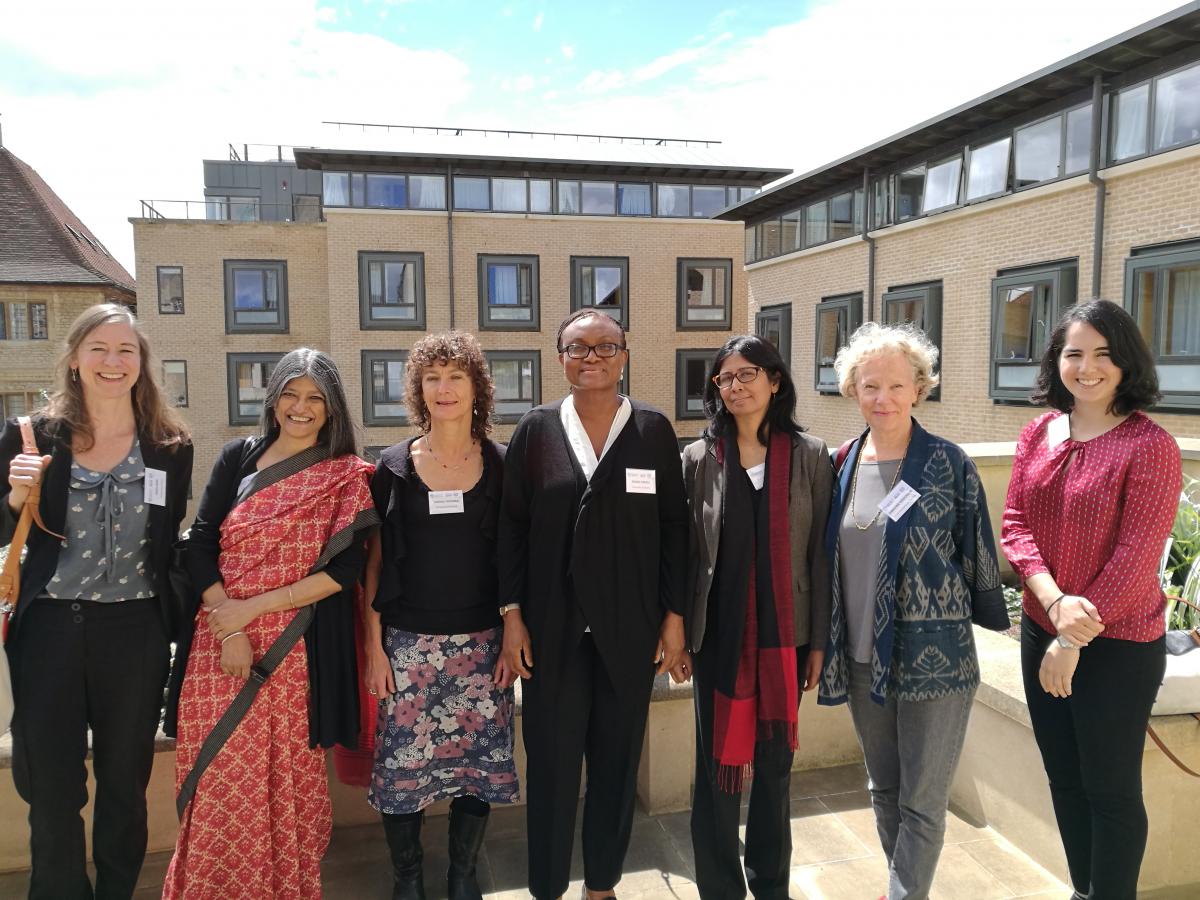A Better Future for Women at Work

Despite making impressive gains, women continue to face significant disadvantage in both formal and informal work. On 18 and 19 May the Oxford Human Rights Hub, The International Labour Organization and the University of Kent hosted a A Better Future for Women at Work. The conference began the process of developing transformative legal and policy strategies to ensure that work leads to a better future for all women.
We brought together a wealth of experience from practitioners, academics, policy-makers from around the world and across disciplines to explore eight inter-related themes:
- Legal Strategies and Informal Work
- Achieving Transformative Equality for Women in the Rural Economy
- Women and Fragmented Work
- Recognising, Rewarding, Reducing and Redistributing Care Work
- A Better Future for Women at Work: Intersectionality at Work
- Responding to Inequality in Earnings and Income
- Combating Violence and Harassment at Work
- Women and Vertical and Horizontal Occupational Segregation
The conference discussions were energetic and moved beyond traditional debates on women’s role in the labour force. Panels looked at the importance of zoning regulations for informal women workers, the desperate necessity of guaranteeing decent working conditions for formally employed care workers, the importance of transforming men’s gender roles and understanding how class structures and power relations can exacerbate gender inequalities. The presentations and discussions made bold claims such as arguing that labour rights are inherent to the person and not to the contract of employment, and that to achieve decent work for all women there must be universal provision of high quality public services. The conference concluded with a call for universal solidarity and, at the same time, being attentive to local political, legal and social culture.
The findings of the conference will be drawn together for publication. In the lead up to the conference, the OxHRH published a special blog series drawn from the conference papers that explores these themes. You can find the blog series here.
We are grateful to all who participated who devoted their time and energy into making the conference such a success. A special thank-you to the International Labour Organization and the University of Kent.

